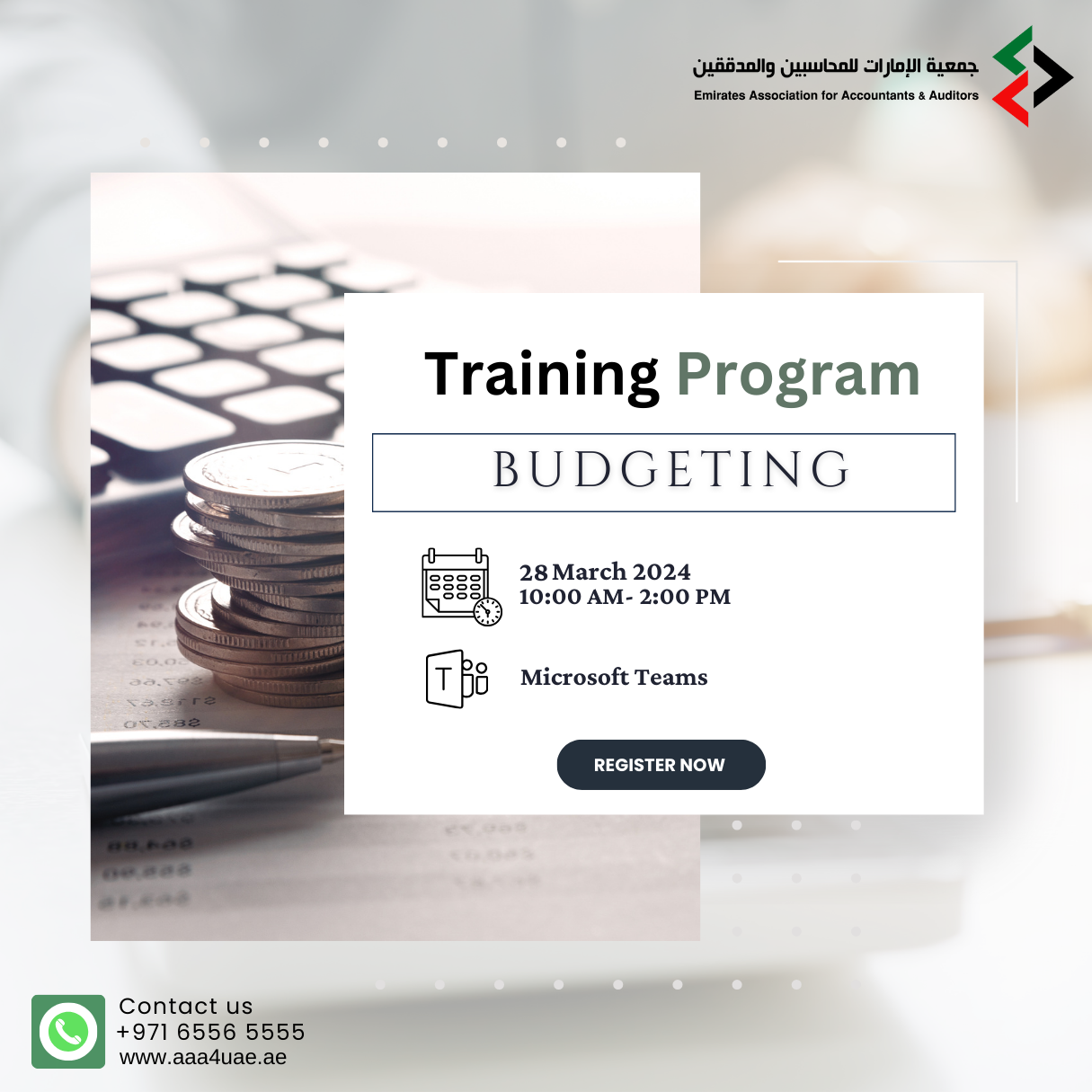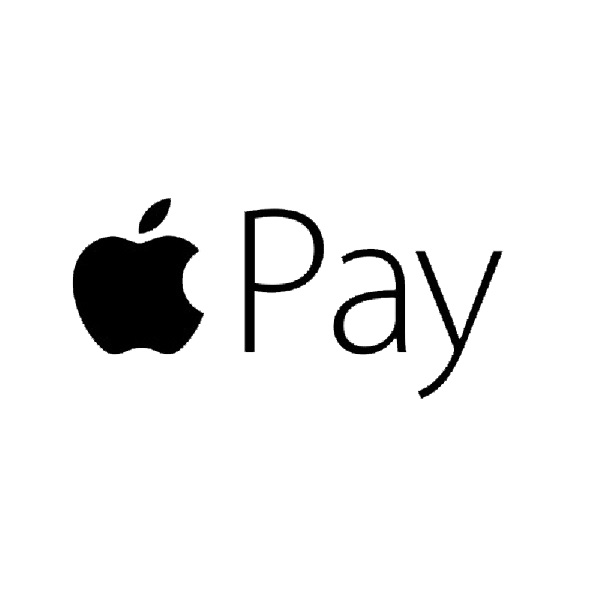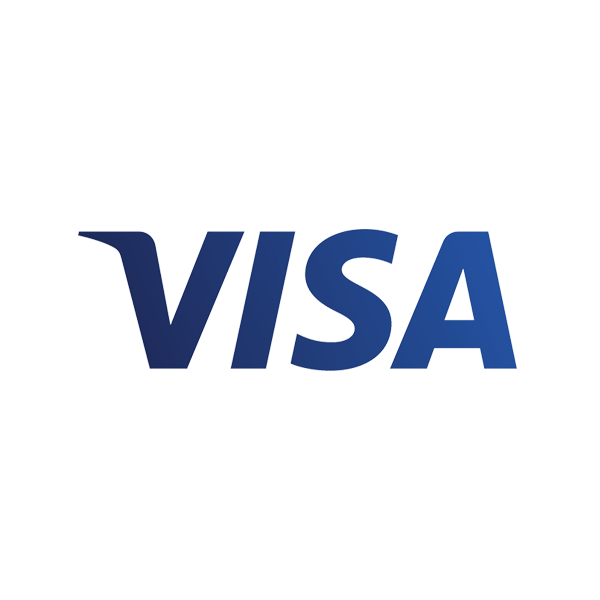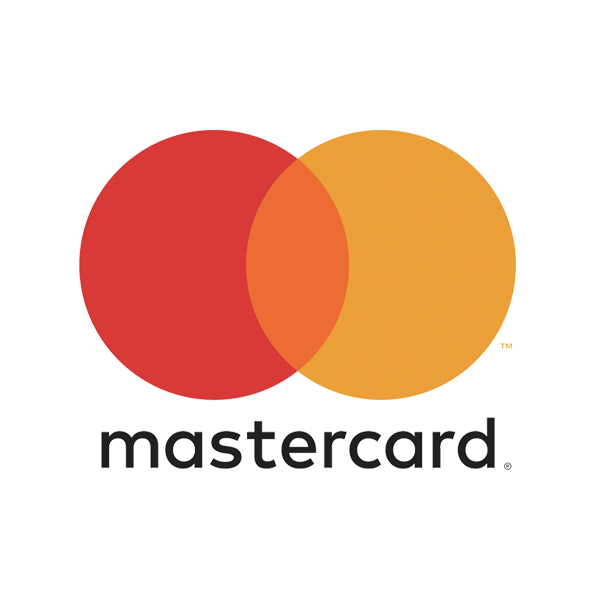Budgeting
4 Hours, 28 Mar 2024, 10:00 AM-2:00 PM
Introduction:
In the dynamic landscape of business and finance, effective budgeting is
a cornerstone for success. This course is meticulously crafted for
professionals across diverse industries, including finance managers,
accountants, business owners, project managers, and anyone seeking to elevate
their financial expertise. Throughout this comprehensive program, we will delve
into advanced budgeting techniques, financial analysis, and strategic planning,
providing you with the tools needed to navigate complex financial landscapes,
optimize resources, and drive organizational success.
In this course, we recognize the intricate relationship between sound
budgeting practices and organizational performance. Participants will gain a
deep understanding of budget creation, variance analysis, and the strategic
impact of financial decisions on corporate goals. Whether you are aiming to
streamline costs, enhance profitability, or make informed investment decisions,
our Professional Budgeting Course is designed to empower you with the skills
and insights necessary to lead in the financial realm. Let us elevate your
financial proficiency to new heights, ensuring that your financial decisions
align with strategic objectives and contribute to the sustained success of your
organization.
Main target
audience:
1-
Financial Planners and advisors.
2-
Accountants and internal auditors.
3-
Business owners and entrepreneurs.
4-
Finance managers and controllers.
5-
Treasury professionals
6-
Project managers
7-
financial analysists
8-
corporate executives.
Budgeting course
outline:
1-
Foundations of Advanced budgeting
2-
Budgeting Process
3-
Analyzing variable vs fixed expenses.
4-
Strategic Goal Setting
5-
Types of budgets: (Master, Operating, Financial Budgets)
6-
Budget components:
a-
Revenue budgeting
b-
Expense budgeting
c-
Capital expenditure budgeting.
d-
Cash flow budgeting.
7-
Budgeting Techniques:
a-
Incremental Budgeting
b-
Zero-based budgeting
c-
Activity Based Budgeting
d-
Rolling budgets (dynamic) and forecasting
8-
Budgeting tools.
9-
Performance evaluation through budget variances.










